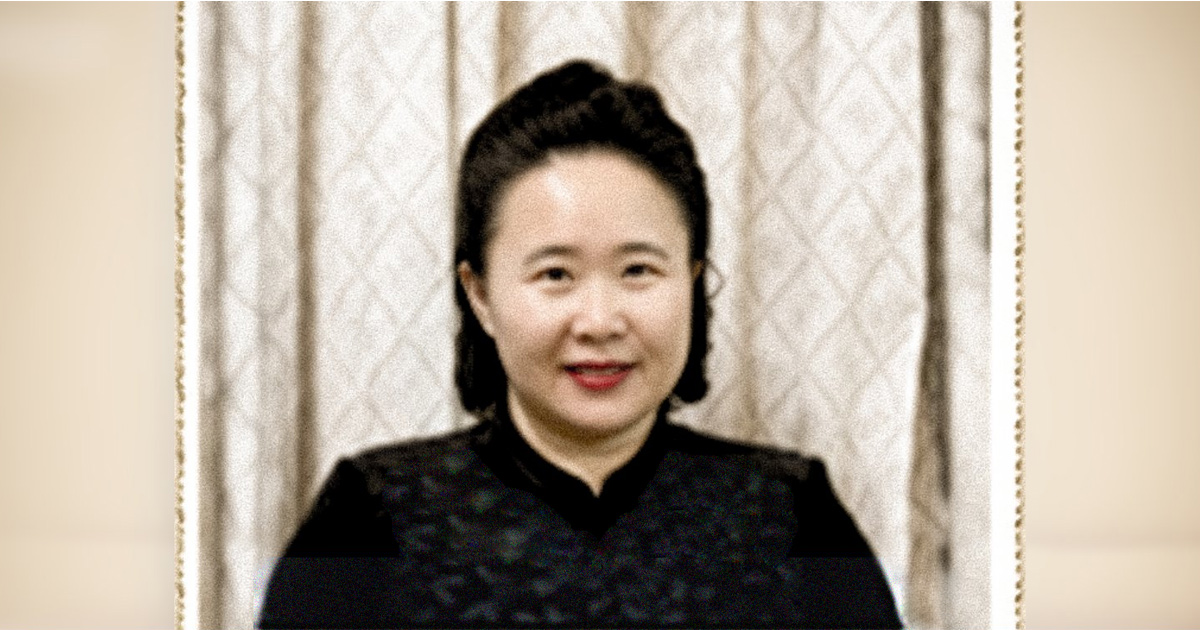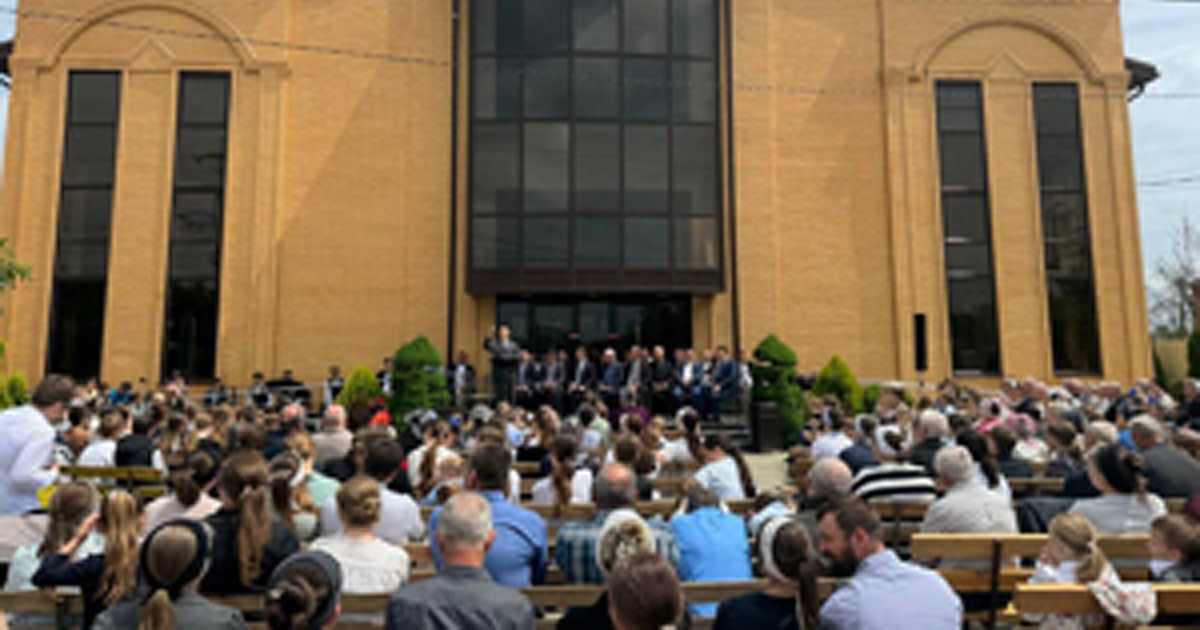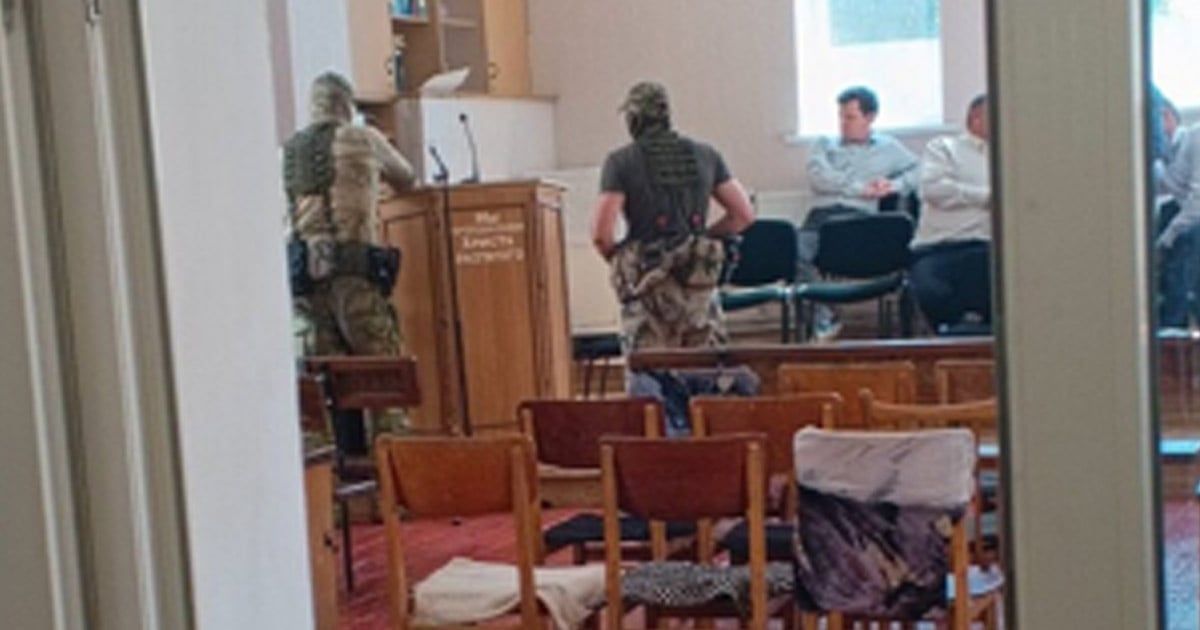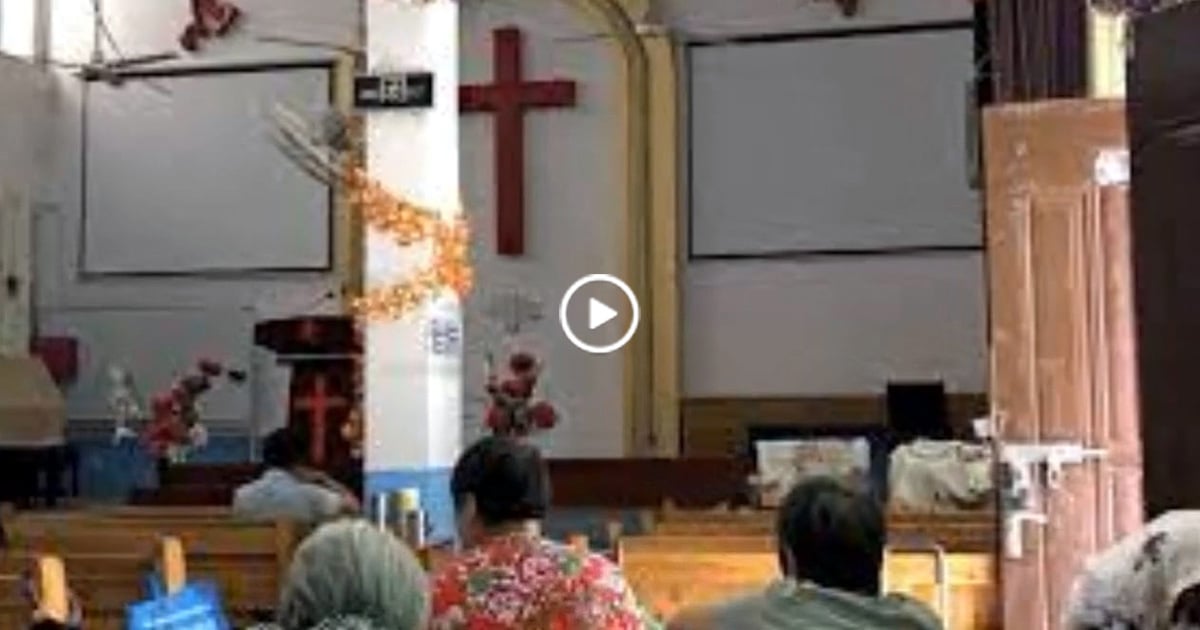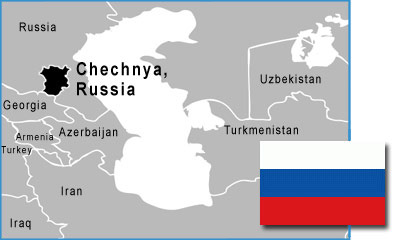 While Chechnya (Chechen Republic) presently consists of about 1.4 million people, less than two percent of the population reflects its former predominant Russian leadership and citizenship. Since President Ramzan Kadyrov came into power in 2007, Sunni Islam has become the main religion. This includes the practice of Sharia law, women wearing traditional Muslim clothing, polygamy and honour killings.
While Chechnya (Chechen Republic) presently consists of about 1.4 million people, less than two percent of the population reflects its former predominant Russian leadership and citizenship. Since President Ramzan Kadyrov came into power in 2007, Sunni Islam has become the main religion. This includes the practice of Sharia law, women wearing traditional Muslim clothing, polygamy and honour killings.
As Christianity is now considered the religion of the Russian people, Chechens who have become followers of Jesus are considered traitors, and thus experience tremendous persecution for their faith (even from their own family members). Many remain secret believers because of the threat it poses to their lives. (A more detailed historical overview and past reports are available at the Russia Country Report.)
Despite this, a remarkable and significant event took place in October of 2012. The first complete translation of the Bible into the Chechen language was presented to the participants of the Second Peacemaking Conference in Grozny (the result of 15 years' translation work). Unfortunately, these advances have also become a source of provocation for radicalized Islamic extremists.
Ask that God will reveal His sovereign deity to the people of Chechnya through this newly translated Bible, while also using it to further strengthen existing believers. May His peace reign, bringing much needed comfort and healing after years of conflict and war. Also pray that He will raise up a new generation of children and young people who will willingly work together to build a new foundation for all to live in peace and harmony.

